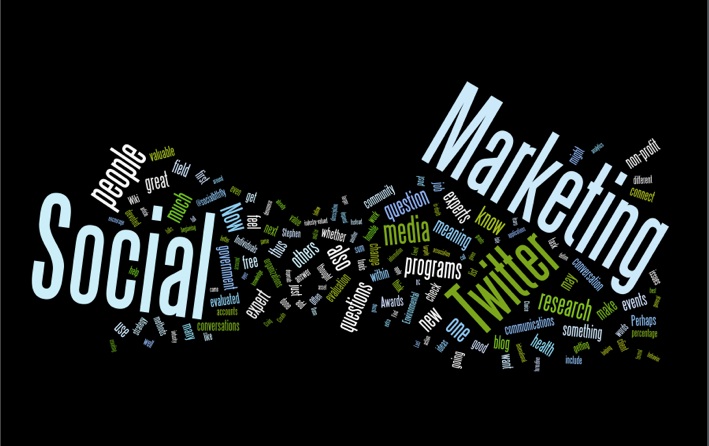 The NY Times recently published an article titled, “Tobacco Funds Shrink as Obesity Fight Intensifies,” pitting anti-smoking public health folks against anti-obesity public health folks. The NY Times asked us, in short: Should we focus on addressing obesity over anti-smoking efforts? Is this the right thing?
The NY Times recently published an article titled, “Tobacco Funds Shrink as Obesity Fight Intensifies,” pitting anti-smoking public health folks against anti-obesity public health folks. The NY Times asked us, in short: Should we focus on addressing obesity over anti-smoking efforts? Is this the right thing?
David Katz, Director of Yale University’s Prevention Research Center, published a response via the Huffington Post to examine the “this vs. that” and “right vs. wrong” approach the NY Times took–and asked another question: What choice are we really making?
Now, this is an important one. The NY Times article does do a great job in bringing up the debate: What are our nation’s health priorities? Katz brings up a second good point: How do you divvy resources amongst these health priorities to get the most juice from the squeeze (so to speak)?
First–> Disclaimer–In the words of Katz, I too, am not prepared to answer the NY Times’ question of this or that because I don’t fully know–but then, who does? That said, I have two additions to Katz’s suggestions:
1. Katz first suggests “conduct modeling exercises to determine what general allocation of research and policy dollars — across an array of conditions, behaviors, and even types of research — would most improve our health over a defined period of time.
To this, I say, that we all need to get more involved and clued into the Healthy People 2020 initiative that is run by the U.S. Department of Health and Human Services (disclaimer: This project lies within a client of my employer that I work on). This is a collaborative, science-based approach to setting 10-year national health objectives to promote health and prevent disease. So, when we are talking “this or that” or about our Nation’s health priorities, Healthy People 2020 is a good start. (Stay tuned, in December the Healthy People 2020 objectives will be released along with guidance for achieving the new 10-year targets).
2. Secondly, Katz suggests that we need to be more “holistic.” Going on to say, “A healthy person is healthy…Recent studies have shown that people who don’t smoke, eat well, are active and control their weight are roughly 80 percent less likely to get ANY major chronic disease than their counterparts who do the converse in each case…So, a healthy person doesn’t smoke. A healthy person eats well. A healthy person is physically active.
I couldn’t agree more and this is why–I don’t feel it needs to be an either-or type of situation. It can be all the above. Healthy living (aka living a healthy lifestyle) can be defined by a number of behaviors such as:
- Not smoking
- Eating Right
- Being active
One could argue that other behaviors could be umbrella-ed into healthy living such as getting immunizations or getting preventive screenings. Thus, the message could not just be anti-smoking or anti-obesity, but instead, be about promoting a health lifestyle which encompasses a set number of behaviors. This should be our focus. Thus, I leave you with the same question Katz asks at the conclusion of his Huffington Post article:
What interventions for individuals, families, schools, worksites, communities and more will encourage, promote and empower the adoption and maintenance not of some single preventive strategy, but of healthful living?
flickr credit: lets.book



